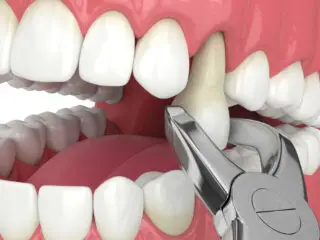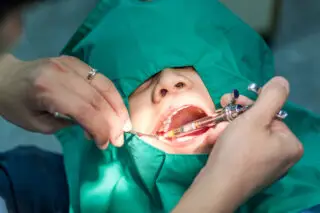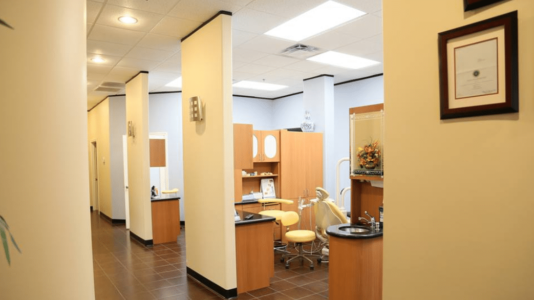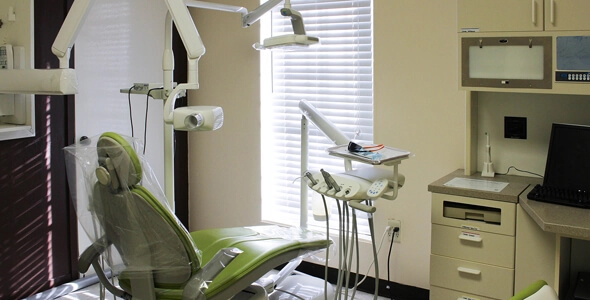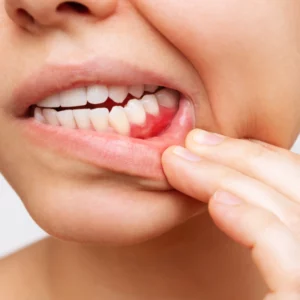Although our natural, permanent teeth are meant to last forever, there are several occasions and situations where one may have to go for tooth extraction. It could happen due to multiple reasons but the most common reason is due to gum diseases. In this case, the inflammation reaches underneath the gum line, causing inflammation and pain in the gums. This leads to decay and bacteria growth. Also, there are several implications of periodontal disease, tooth loss is among the most dreaded.
It may not seem significant but more than 70% of people have to deal with gum disease at some point in their lives. Surprisingly, it is one of the most common conditions in the world of dentistry. Poor oral habits lead to gum diseases and utter negligence worsens them. This is the sole reason why an ordinary gum disease like gingivitis winds up reaching an advanced stage— periodontitis.
Tooth Extraction to the Rescue
If your tooth has been affected by bacteria at any given point it’s safe to believe that it has affected the surrounding area as well. This implies that there is only one way to stop the infection— tooth extraction. Instead of dreading it, you must get your tooth extracted as soon as possible to eliminate the risks of extreme pain and other health ailments.
What to Do Before Tooth Extraction?
You must start preparing yourself right before scheduling the procedure with our best dentist in Houston. First things first, let your dentist know about any supplements or medication you take.
Also if you are suffering from a severe health condition like cardiovascular disease, liver disease, thyroid, diabetes, impaired immune system, adrenal disease, hypertension, or artificial joint; you must inform them beforehand. This would help the dentist take precautionary measures while treating you or prescribing you medication.
Tooth Extraction Aftercare (The Dos &The Don’ts)
Like any other medical procedure, a tooth extraction procedure also requires you to follow some dos and don’ts. These aftercare tips would only enable the procedure to be effective and successful.
What to Do-
- Bleeding after a tooth extraction procedure is normal; use a cotton gauge to stop bleeding for at least. 45 minutes. Bite down on the gauze pad if the bleeding is heavier than normal.
- Brush your teeth carefully. Be careful while brushing your teeth; especially around the area of extraction. Brushing harshly would only lead to a dislodged blood clot.
- Although you may not feel the pain after tooth extraction, there could be some swelling around the extraction site. To avoid discomfort due to swelling use ice packs for 15-20 minutes.
What Not to Do-
- Refrain from eating or drinking immediately after tooth extraction. Formation of blood clot takes time and therefore, it would be best not to eat or drink immediately after the procedure. Wait from 45 minutes to an hour to consume something cold like a milkshake or ice cream. Avoid, hard, crunchy, and hot food items till six hours of the procedure.
- Avoid smoking right after the tooth extraction surgery. Smoking would enable the formation of dry sockets around the extraction site. Along with that, it could weaken the blood.
- Do not take medication unless prescribed. It would be best to consult your dentist to reduce swelling and pain (in case it happens). Do not take aspirin or painkillers on your own. It would lead to a delay in the formation of blood clots.
The Bottom Line
Although tooth extraction is conducted as the last dental procedure to keep the infection from spreading, one must take note of all the relevant information and tips stated above to protect your teeth from further infection. Tooth extraction surgery can only be prevented if you take good care of your oral health and maintain dental hygiene.



